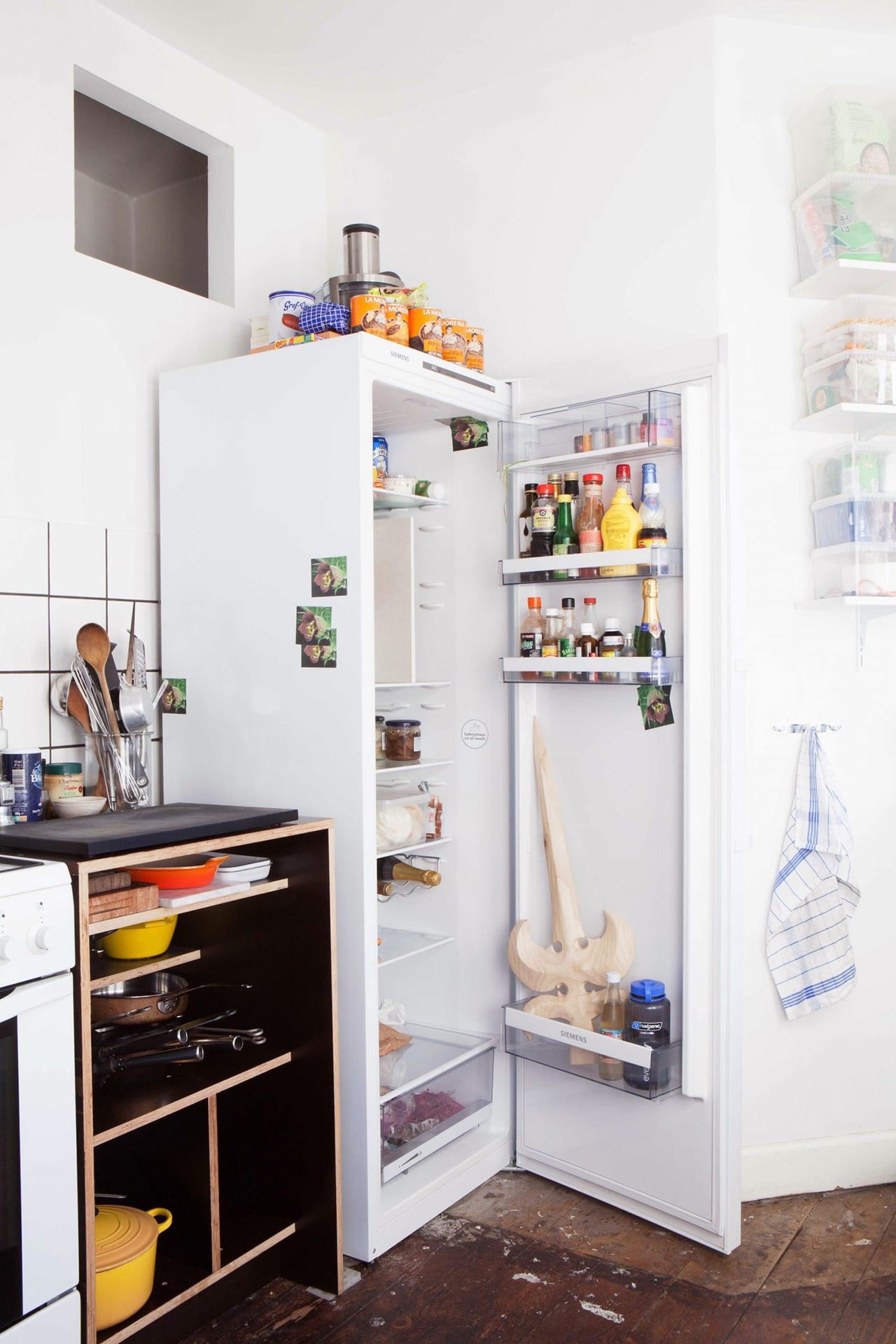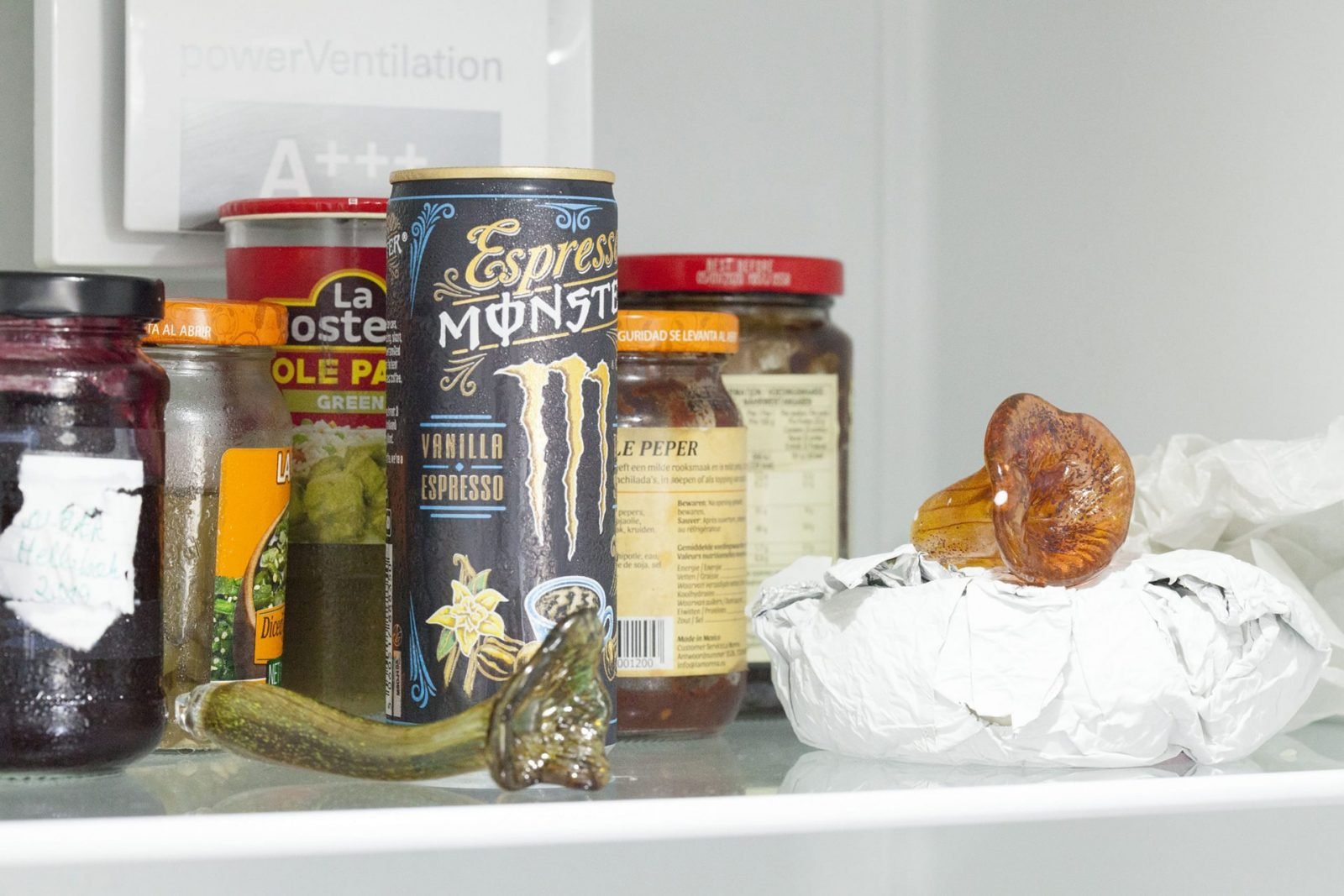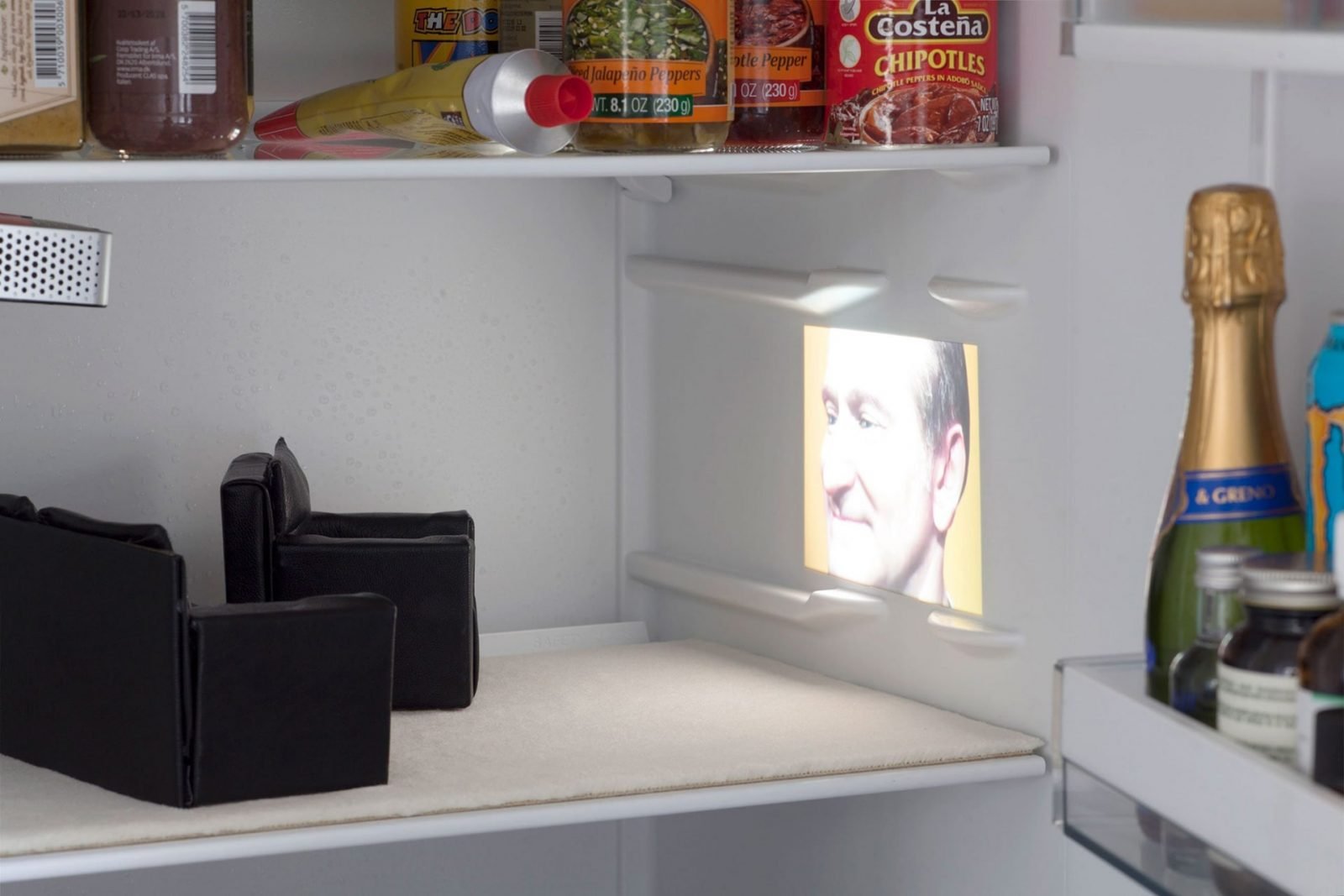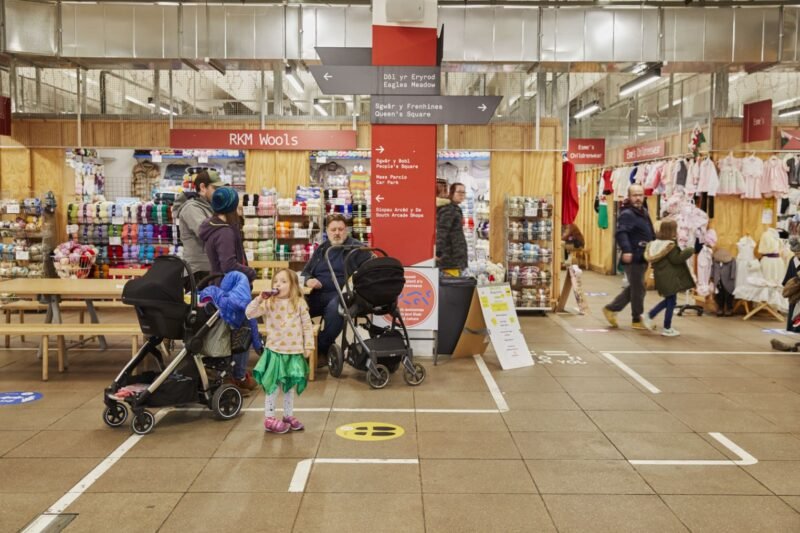Artists Skip the White Cube to Exhibit in Supermarkets and Fridges

The uniform art gallery environment has motivated artists from around the world to exhibit their work in unusual locations in the city — from supermarkets to fridges.
INOX, started by Benedikte Bjerre and Asta Lynge, is located in their own fridge, which has hosted international shows featuring sculpture, painting and film projections. All of it sharing space with the groceries. Bjerre and Lynge are, however, only a part of a wider movement. Artists are able to open a gallery wherever they want — in their car, at a mini-golf course, a ski resort, at the top of a parking lot or even on their wristwatch.


What differs today’s art spaces from the previous exhibitions is their imaginative use of fully functioning locations, such as Elisa van Joolen’s parasite exhibition at the dry cleaner’s or Adam Bartholl’s Speed Show, which transformed an internet cafe into a hyper-temporary net art gallery. However, it doesn’t only create a feeling of freedom for the audience but also the creators are given independence that they wouldn’t normally have in the ‘official’ gallery space.



Nevertheless, the financial aspect of the art realm becomes important with funding for the arts often being squeezed. These art-devised spaces are a ‘thought, a reflection, even vomit,’ as concluded by Zhu, creator of A Maior gallery run in a home goods store. And finally, they are a symptom of something much bigger transforming space into a hybrid being that does keep changing its function. Such an art space follows the potential set by the hybrid spaces that use temporarily unused spaces, matching supply and demand in unobvious ways to step into the future of urban life.



